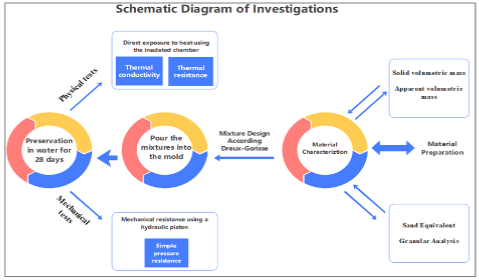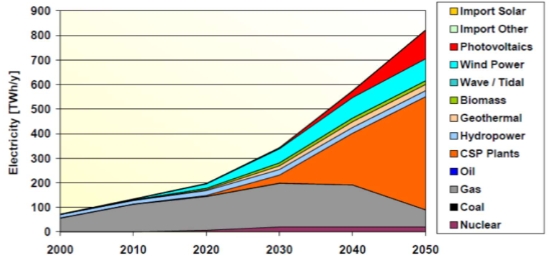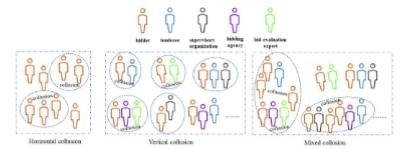
Prof. Scholz Miklas
University of Johannesburg, South Africa







Academic Publishing Pte. Ltd. follows the rules, regulations, and best practices set by:
· Recommendations for the Conduct, Reporting, Editing, and Publication of Scholarly Work in Medical Journals from the International Committee of Medical Journal Editors (ICMJE)
· The Principles of Transparency and Best Practice in Scholarly Publishing as stipulated by the Committee on Publication Ethics (COPE); Directory of Open Access Journals (DOAJ); Open Access Scholarly Publishers Association (OASPA); World Association of Medical Editors (WAME)
Experiments should be carried out following the laws and regulations of the Ethics Committee affiliated with the author's institution. All studies using human or animal subjects should include an explicit statement in the Material and Methods section identifying the review and ethics committee approval for each study, if applicable. The statement will be displayed in the final publication. An Informed Consent Form should be obtained for all clinical treatment where disclosure is required regarding medical information, that includes discussion on the risks, benefits, and alternatives.
Academic Publishing Pte. Ltd. adheres to the guidelines of Ethical Oversight in COPE, and the Editor-in-Chief will oversee all the editorial process to ensure the objectivity, fairness and integrity of the academic scientific works.
Appeals and complaints
Academic Publishing Pte. Ltd. adopts a zero-tolerance policy concerning any misconduct and will aggressively address allegations from authors and readers. Allegations can be related to dissatisfaction with editorial decisions or the publishing process, and complaints about publishing ethics. Appeals and complainants could direct all correspondence to editorial_office@acad-pub.com. Information about the article and the specific reason for the complaint or appeal needs to be provided in detail. The Editorial Office will deal with it according to the procedure set out by COPE. An investigation team will be formed upon receipt of a complaint or appeal, and make a final decision based on conclusive evidence. Complainants will be informed of the decision and there are 14 days for them to appeal against the decision, except for decisions on appeals against editorial decisions.

Prof. Scholz Miklas
University of Johannesburg, South Africa







Academic Publishing insists on taking academic exchange and publication as the main line, carrying out comprehensive management based on science and technology, and fully exploring excellent international publishing resources. Within 5 years, it will form a strategic framework and scale with science (S), technology (T), medicine (M), education (E), and humanities and arts (H) as the main publishing fields. Academic Publishing is headquartered in Singapore and based in Malaysia, with the United States and China providing the main scientific and academic resources. At the same time, it has established long-term good cooperative relations with other publishing companies, scientific research communities, and academic organizations in more than a dozen countries and regions. Academic Publishing uses English and Chinese as its main publishing languages, mainly publishing books, journals, and conference papers in print and online. The vast majority of publications follow the international open access policy, providing stable and long-term quality and professional publications. With the joint efforts of the expert team and our professional editorial team, our publications will gradually be indexed by international databases in stages to provide convenient and professional retrieval for various scholars. At the same time, manuscripts we accept will be subject to the peer review principle, and cutting-edge and innovative research articles will be preferentially accepted for peer reference and discussion. All kinds of our publications are welcome for peer to contribute, access, and download
 73 Upper Paya Lebar Road #07-02B-01 Centro Bianco Singapore 534818
73 Upper Paya Lebar Road #07-02B-01 Centro Bianco Singapore 534818
 editorial_office@acad-pub.com
editorial_office@acad-pub.com